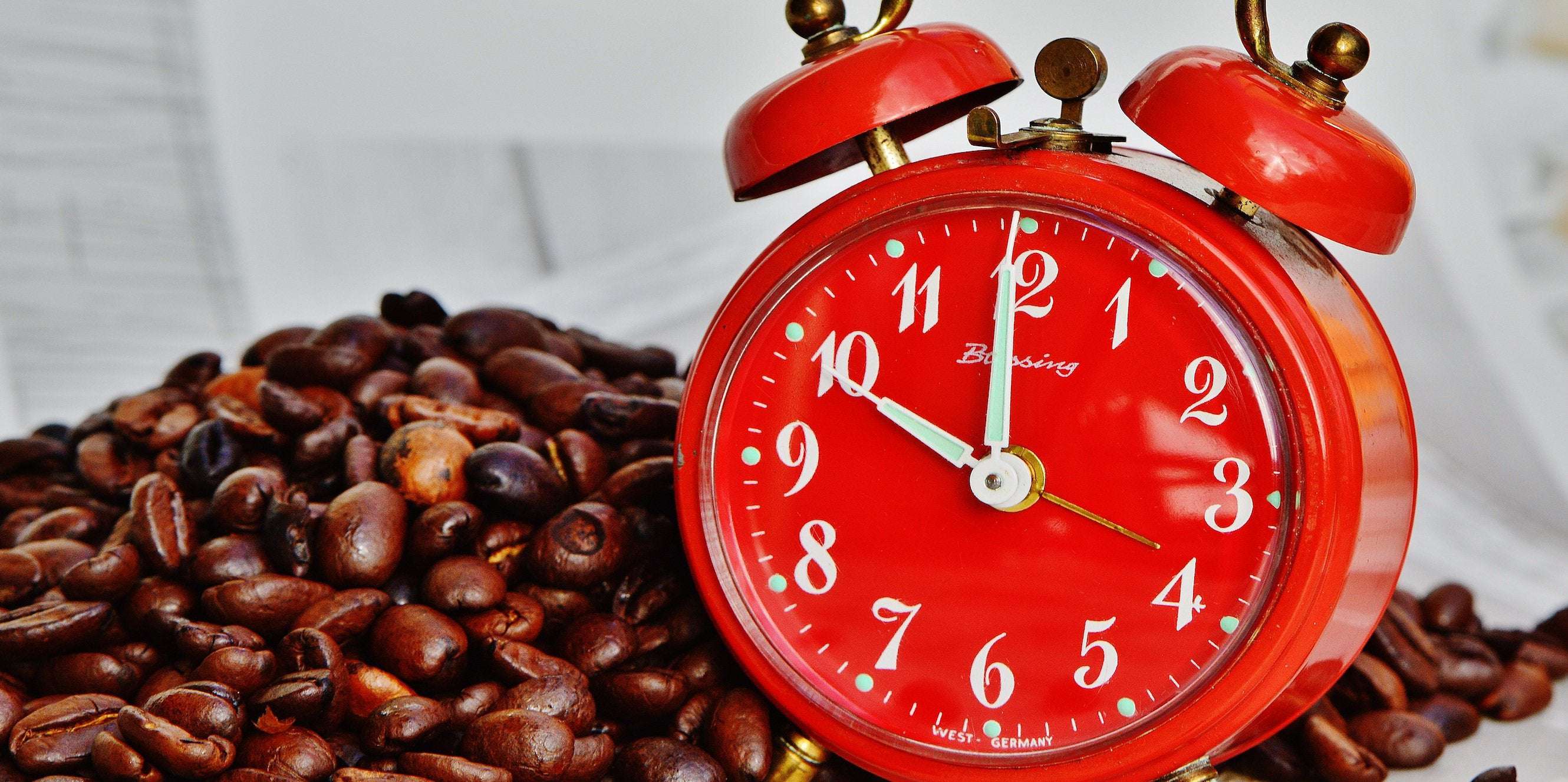Rough night of sleep? Relying on caffeine to get you through the day isn’t always the answer, says a new study from Michigan State University.
Researchers from MSU’s Sleep and Learning Lab, led by psychology associate professor Kimberly Fenn, assessed how effective caffeine was in counteracting the negative effects of sleep deprivation on cognition. As it turns out, caffeine can only get you so far.
The study — published in the most recent edition of Journal of Experimental Psychology: Learning, Memory, & Cognition — assessed the impact of caffeine after a night of sleep deprivation. More than 275 participants were asked to complete a simple attention task as well as a more challenging “placekeeping” task that required completion of tasks in a specific order without skipping or repeating steps.
Fenn’s study is the first to investigate the effect of caffeine on placekeeping after a period of sleep deprivation.
“We found that sleep deprivation impaired performance on both types of tasks and that having caffeine helped people successfully achieve the easier task. However, it had little effect on performance on the placekeeping task for most participants,” Fenn said.
She added: “Caffeine may improve the ability to stay awake and attend to a task, but it doesn’t do much to prevent the sort of procedural errors that can cause things like medical mistakes and car accidents.”
Insufficient sleep is pervasive in the United States, a problem that has intensified during the pandemic, Fenn said. Consistently lacking adequate sleep not only affects cognition and alters mood, but can eventually take a toll on immunity.
“Caffeine increases energy, reduces sleepiness and can even improve mood, but it absolutely does not replace a full night of sleep, Fenn said. “Although people may feel as if they can combat sleep deprivation with caffeine, their performance on higher-level tasks will likely still be impaired. This is one of the reasons why sleep deprivation can be so dangerous.”
Fenn said that the study has the potential to inform both theory and practice.
“If we had found that caffeine significantly reduced procedural errors under conditions of sleep deprivation, this would have broad implications for individuals who must perform high stakes procedures with insufficient sleep, like surgeons, pilots and police officers,” Fenn said. “Instead, our findings underscore the importance of prioritizing sleep.”

DoctorPepster on May 26th, 2021 at 21:12 UTC »
I have a commercial driver's license in Massachusetts. One of the parts of the written test really emphasized that if you're tired, you have to sleep. Don't just drink a coffee or energy drink - sleep.
Then, at training for work, we had to watch a video from the insurance company. (The company is from Pennsylvania.) And they basically said "if you're feeling tired and don't have a convenient place to stop, just have a coffee! It'll be fine!"
Kerano32 on May 26th, 2021 at 18:35 UTC »
Former resident physician that took 24 hour in-house call.
Not surprising and not a new finding. We have known that sleep dep is terrible for performing tasks involving critical thinking. Caffiene doesnt help you think, it just helps with the overwhelming need to sleep when fatigued. And despite this knowledge, it doesn't prevent hospitals and medical education authorities from staffing physicians (especially residents) this way.
Personally, I found that by the 20 hour mark, I start working on auto-pilot. By hour 22, I am actively upset at life. Hour 26, I couldnt care less about anything and anything impeding my path to sleep is met with barely contained rage.
It is a terrible thing to ask someone to do to themselves.
Aquawind1 on May 26th, 2021 at 18:27 UTC »
There is no substitute for sleep.. it's good.